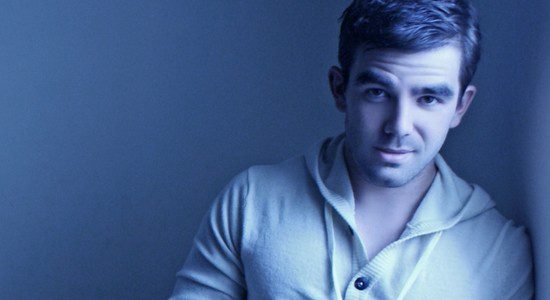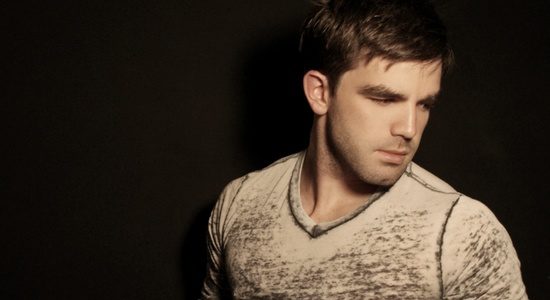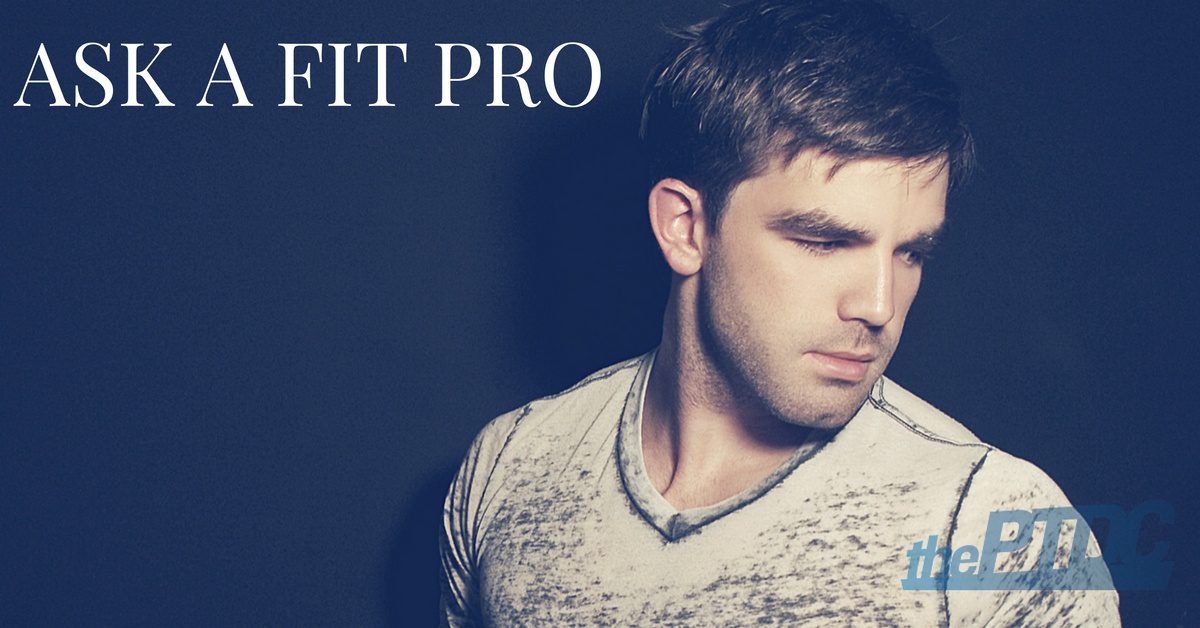Every so often, we'll feature coaches from this great The PTDC community that are really killing it and changing lives within their world, and ask them to share cool training, business, and productivity tips and practices.
Today we're handing it over to JC Deen, a Nashville, TN-based online personal trainer and writer. JC takes a "no-BS approach to looking great naked" with all of his clients. Rather than simply tell them how to eat or train, he aims to help his clients and others create healthy habits that will serve them for life.
Want to get to know the head honcho behind JCDFitness? Let's get to it.

Location: Nashville TN
Current position: Main man at JCDFitness.com
Certifications: None currently. In the past, I had ISSA Strength Coach Certification
Number of years in the industry: 7
What's the one word that describes how you approach your personal training/coaching?
Flux
What is your main training focus? For yourself and your clients?
For myself, I like to train mostly bodybuilding style. For clients, I focus on helping them build strength with a bodybuilding style as well.
Your favorite aspect about being a personal trainer.
I love connecting with others, and helping people build habits that improve their lives. It always makes my day when a client tells me I've somehow made a huge impact on their lives and the way they view themselves.
What is your best time-saving shortcut to do better work?
I believe in habits and the power of routine. I maintain some form of routine work six to seven days per week and don't deviate from that structure. The key is to be very rigid with your work times and schedule.
I also spend as little time as possible during the days to make food. For breakfast, it might be a high-protein smoothie (made from cottage cheese, protein powder, some berries, and a little milk), and lunch is something equally as quick. Dinner is when I bust out my chef's hat to spend a bit more time cooking food.
What are some of your favorite technological tools to help you stay on top of everything?
My MacBook is my favorite tool because I can take my entire business anywhere with me. My iPhone helps with staying in touch with clients. Then I use apps like:
- Cron-o-meter: For tracking my nutrient intake. It's the same app I always recommend to my clients.
- Evernote: I use it every single day to take notes. If it's not in Evernote, then it's on Apple's native note app.
- Voice recorder: I record my long rambles that often turn into article, video, and podcast ideas. I also use it for music ideas. I'd hum something and then hash it out on the piano later. Just the other day I talked about shooting hoops.
- Exercise.com app: I use it sometimes to track my workouts.
What's your client screen process like? How do you decide how to start writing a program or working with a client?
I start with an application and questionnaire that helps me learn about their goals with regards to their physique, health habits, and long-term wants and needs. We then have a phone call to discuss these goals in-depth and go over any limitations or needs they have with training or nutrition. I'll try to help them figure out their "why" behind their goals, which also serves as some motivation as we continue to work together.

How do you organize all of your clients and schedules?
Pretty much they all live within Google: Google calendar, Google Docs, and Google Spreadsheets.
What are you currently reading?
And is there a book you recommend that all coaches read (doesn't have to be fitness related)?
I'm currently reading Gregory Hays' translation of Meditations by Marcus Aurelius.
I recommend that all coaches read Psychocybernetics by Maxwell Maltz. He was a plastic surgeon who learned about the psychology of self-image, after having done hundreds of surgeries that were intended to "fix" a supposed flaw in someone's appearance. This relates to me as a coach who deals with clients wanting to lose body fat and change their appearance. It's helped me understand how people behave and see themselves, despite having made dramatic changes to their bodies.
What other activities or hobbies do you engage in to step away from "just being a coach?"
I'm a trained musician, so I love creating and writing music whenever I can. I also love to be creative with technology, so I enjoy digital design, video, and audio editing. Here's an example of my music:
Your favorite quote:
With mind distracted, never thinking, "Death is coming," To slave away on the pointless business of mundane life, And then to come out empty--it is a tragic error.
- Tibetan Book Of The Dead, translated by Robert Thurman
What was the best lesson you learned when you first started that now helps you out a lot?
I learned early on that just because I knew one thing didn't mean I knew everything. And in the early days, I thought the one thing applied everywhere, when in fact, it only applied some of the time. This was mostly in reference to programming exercise for clients. I was once of the belief that everyone should train similarly, regardless of the individuals needs and wants.
What have you learned recently that you wished you learned on Day One?
I wish I would've known more about the behavioral psychology and habit-creation stuff early on.
What are your future aspirations?
I'm building JCDFitness into a major brand to serve those in the online community who are looking for great programming, accountability, and support in their fitness journey.
Turning a love of training into a successful vocation is a challenge for many coaches. Any advice?
It's super hard.
Don't just do it because it's your passion. Do it because you're committed to being good at it, and because you want to help others create positive change.
Just because you love to work out and be healthy doesn't mean you'll be good at training people or selling your services.
My advice is to find a mentor you can learn from, preferably someone who's equally good at business as they are at training clients.

Other Fit Pros You Can Learn From:
- Alex Cartmill, Owner of The Fitness Handbook
- Jonathan Goodman, Founder of The PTDC
- Slyvon Blanco, Owner of VonFitness.com and nomad
Photo Credit Images 1 & 3: Ethan James










